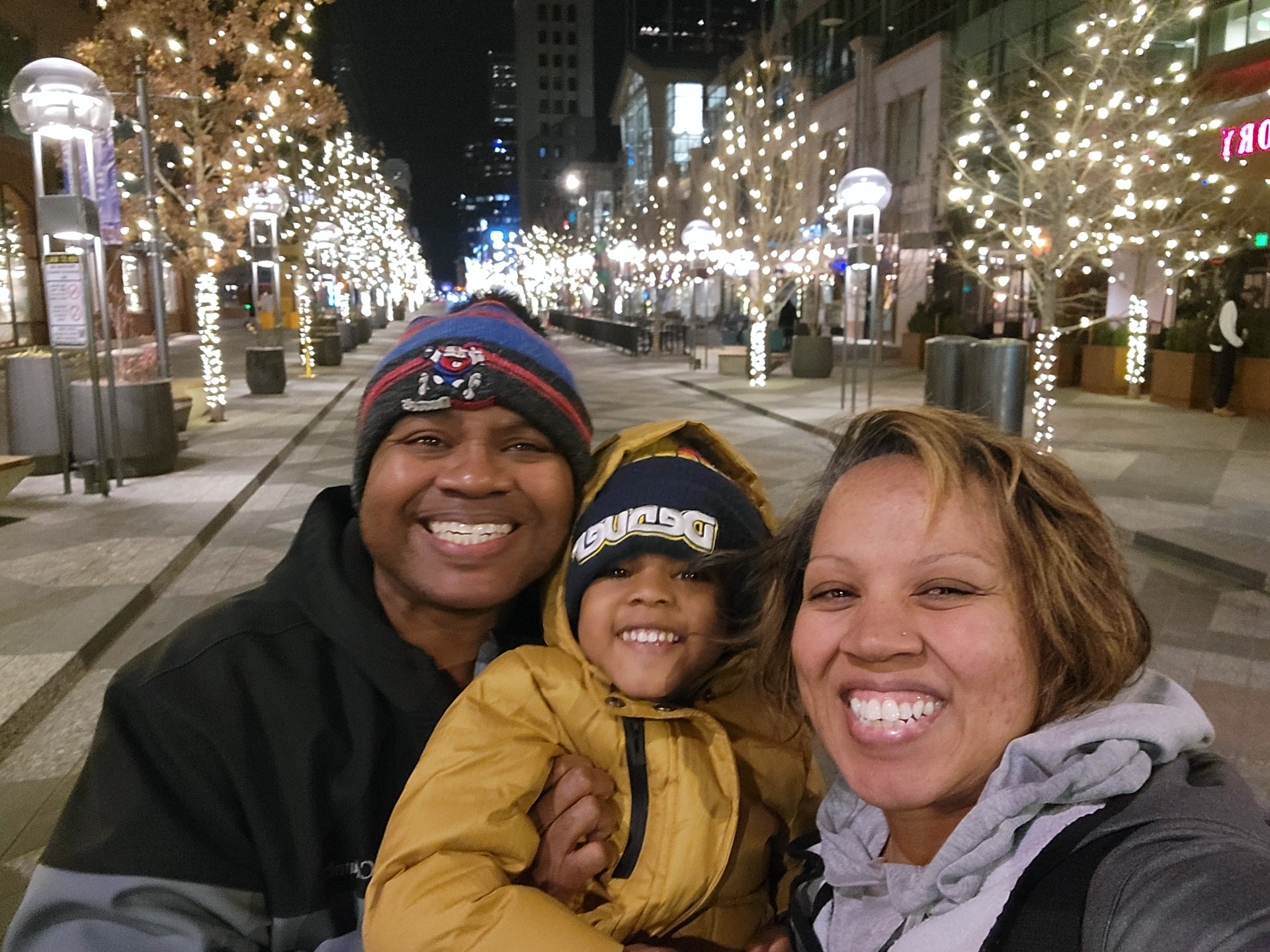Every team hits rough patches, has uncomfortable conflict, and faces unexpected obstacles to meeting their goals. That’s just part of life when working with other humans in an ever-changing world. Studies show that the difference between teams that successfully navigate hard times and get back on track and those who crash and never recover is not a matter of WHO is on the team, but HOW the team works together. The happiest, most effective teams have a high level of resiliency – more simply thought of as the ability to bounce back. Think of your team as a giant rubber band, constantly being stretched one way, then another. Healthy teams can flex and move, are at times pulled tight in one direction, but are able to adjust and quickly return back to their original shape. Unhealthy teams are brittle and stiff and unable to stretch when pulled, breaking into ineffectual pieces. No leader wants that for their team and God doesn’t want that for his kingdom workers! So how can we increase team resiliency? It’s all about relationships.
Teams are made up of individual people, but the relationships between team members are what make or break team resiliency. Team friendships are like any other; they must be nurtured and developed over time with intentionality and love. Spend time together doing things other than MOPS work. Eat, play, and laugh together. Get to know each other on a deeper level. Talk about your families, your past, and your hopes for the future. Build trust by making your team a place where leaders can be their authentic selves without shame or judgement. Keep confidences and be brave enough to share your fears and failures alongside your best moments and glorious victories. Become a team that cares about each other as people first, and each relationship becomes a resilient single cord that when added to the cords of every other team friendship, will tie your team, mission, goals, and ultimate success together. As it says in Ecclesiastes 4:12 NIV, “a cord of three strands is not quickly broken.”
Your team, bound together in friendship, knowledge and appreciation of each other and your shared mission, will not easily break. When conflict flares, difficulties arise, or hard decisions are made, your team will stay united. When failure or setbacks happen, as they always do, your team will bounce back, stronger and as focused as ever, because your resilient, friendship cords will hold you together.
Questions:
- How resilient is your team? If you aren’t sure, think about how your team reacted to the last disappointment or failure. Did you bounce back, or did you struggle to move forward?
- How can we create more relationship strengthening opportunities for our team?
Stacey Morgan, Executive Leadership Coach (staceymorgan2000.com)




